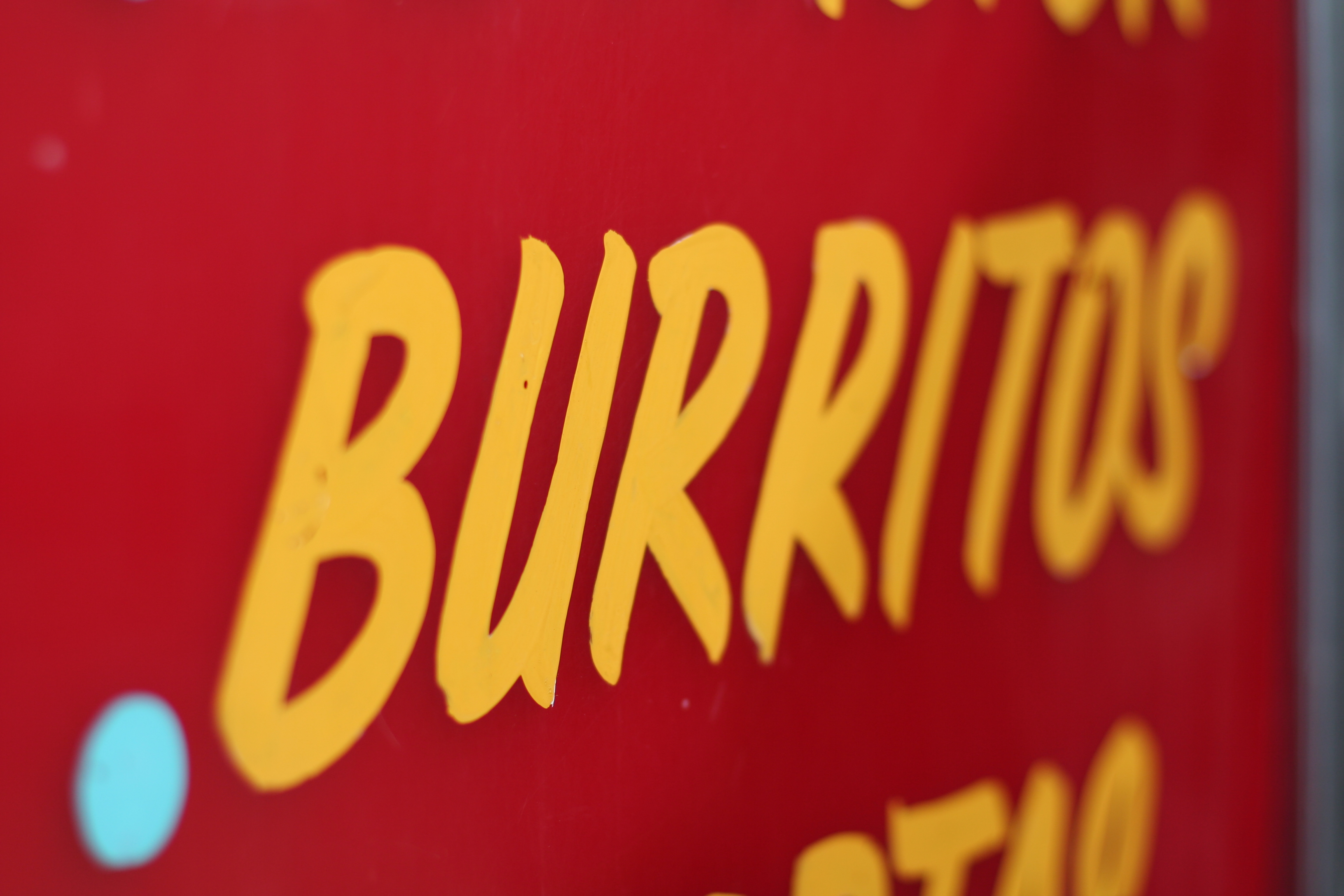“The true measure of our commitment to justice, the character of our society, our commitment to the rule of law, fairness, and equality cannot be measured by how we treat the rich, the powerful, the privileged, and the respected among us. The true measure of our character is how we treat the poor, the disfavored, the accused, the incarcerated, and the condemned.”
―Bryan Stevenson, Just Mercy
Even with a background in conflict resolution, it takes a concerted effort on my part to re-imagine a society where the “eye for an eye” type of violence isn’t the norm. Completely by accident, a burrito led me to think about justice and what it means to be a just society.
I went to La Catrina Restaurant in the Obarrio neighborhood of Panama City one afternoon, craving a burrito. Not having eaten all day, I devoured the food once it arrived, which wasn’t hard to do since it was delicious. When I tried to pay for the check, however, my debit card was declined. I’d been so hungry that I’d forgotten that my chip had been having issues. I spent 30 minutes on the phone with the bank only for them to conclude that they’d exhausted all their resources over the phone and there was nothing more they could do to get my card to work.
As a last resort, I rummaged through my purse and realized I only had $6 for the $11 bill. I felt embarrassed and annoyed at myself for getting into such a predicament. Finally, after giving myself a pep talk to work up some courage, I walked up to the manager and offered her the $6. I explained to her that I had no more money on me, but that I lived within walking distance and would return with the difference. With a look in her eyes that I couldn’t quite decipher, she simply took the money and shrugged.
As I walked home in the humid night’s air, I kept thinking about that look. Did she not believe that I’d return? If so, why would she let me go? With my foreign name and even more foreign accent, I didn’t want her to assume “those people” eat and run… I began getting myself worked up, going from shame to anger and back many times before I even made it home. When I finally arrived at my apartment, I grabbed some cash and dashed back out, trying to make to La Catrina before they closed.
When I walked into La Catrina triumphantly 30 minutes later, the entire staff turned and stared at me in surprise. When I handed the manager the cash, she smiled so radiantly that I felt silly for assuming that she’d thought the worst of me. She invited me to come back and try their specials and, since I liked the burritos as much as I liked her. I accepted her invitation and went back a few times, bringing along my friends.
On one such occasion, my friend, Juan and I were enjoying our burritos at the tables out in front of La Catrina when a commotion caused everyone from the businesses in the shopping center to head to the streets. We couldn’t see what was going on from where we sat and were too wrapped up in our conversation and food to get up. When we saw the manager of La Catrina walking back towards the restaurant, we asked her what had happened.
“This poor man ate at the restaurant across the street and then ran out on the bill. The owner chased him and beat him up before calling the police,” she told us. Visibly shaken, she continued, “That is not how society should operate. In my country, if someone is hungry, he can walk into a restaurant and ask for a plate of food and he will be fed. Sometimes people really don’t have any money. Being hungry isn’t a crime.” Juan asked her where she was from. Honduras, she told us. As they continued to talk, it dawned on me what the look in her eyes was the day I didn’t have enough cash. It wasn’t anger or pity or even disgust, it was empathy. If I hadn’t come back, she wouldn’t have been concerned or called the cops. She was more concerned about our shared humanity and whether or not I would get another meal. I felt completely humbled that she had been offering me a way to have a meal without losing my dignity. She would have done the same for that man who’d ran out on his bill.
For some people, justice will always mean that the person who ran out on his bill goes to jail. For others, it means that the owner who beat him up goes to jail (too). And for others, it means that no one is ever hungry enough to have to try to steal food. Especially after watching the documentary 13TH and the kindness I’ve been shown when I have had nothing, I’m compelled to think more and more about the notion of a just society that doesn’t rest on criminalizing the poor and vulnerable, locking people away so that they don’t remind us of our imperfect selves, or the perpetual ostracizing of someone who has been branded a criminal long after their sentence is served. Not having all the answers, I’ve been focusing on developing a deeper sense of empathy and seeing the world through the lens of restorative justice premised on the idea that each of us is more than the worst we’ve ever done-or the bill we couldn’t pay… Years after grad school, who’d have thought that one of my greatest teachers would be the Honduran restaurant manager who served me a burrito…
This article originally appeared on francefrancois.com.
